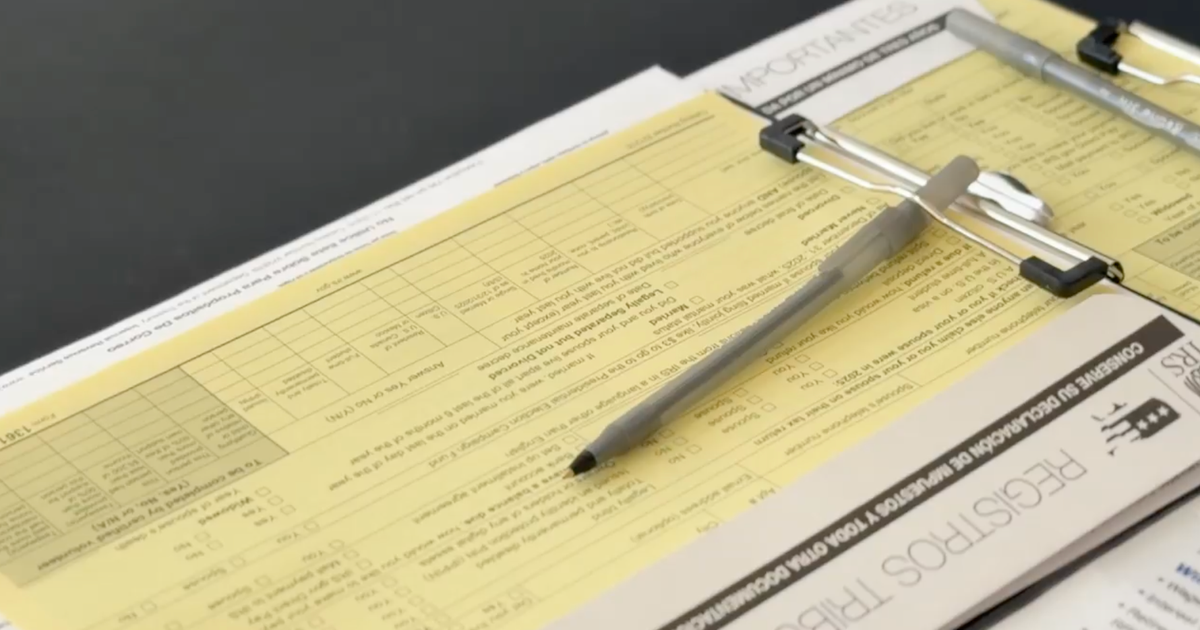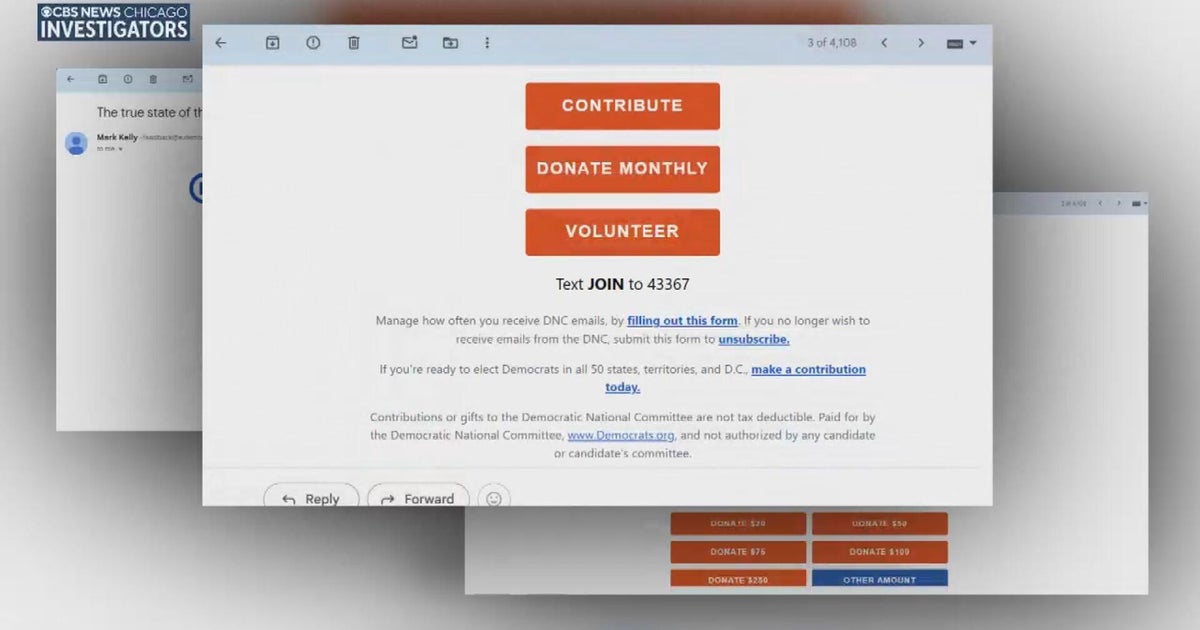Tax Season: More Deductions And Credits
BOSTON (CBS) - Child Care Credit: You can claim up to $3000 that you paid someone to care for your child and up to $6000 for two or more dependents. You must have the provider's Social Security number.
Educator Expense Deduction: This deduction is for teacher's classroom expenses. If you are eligible, you can deduct from gross income up to $250 in qualified expenses. I know it's not a lot considering what many teachers buy for their class rooms, but it is something so take advantage of it. You can deduct these expenses even if you do not itemize.
Health Insurance Premiums: If you are self-employed, 100% of the premiums are deductible. For other tax payers, if you have paid any health insurance premiums last year they become part of your medical expenses and your medical expenses are deductible after they have reached 7.5% of your income. If you are reporting a loss this year in your small business, you will not be able to take the deduction but you can still use the cost of the premiums as a medical deduction.
Long Term Care Insurance Premiums: Part of the cost of the insurance premium will be treated as a medical expense and will be deductible. The older you are, the bigger the deduction. If you are under age 40 your deduction is $340 and if you are over age 71 the deduction is over $4000 ($4,240).
The Savers Credit: This credit was formerly referred to as the Retirement Savings Contribution Credit. Congress wanted to encourage lower income wage earners to start saving for retirement so they came up with a tax credit when you contribute to your retirement plan. This tax credit could help you offset the cost of the first $2,000 contributed to an IRA, 401(k) and other retirement plans.
For 2011, you may be able to claim the retirement savings contributions credit if your modified adjusted gross income (AGI) is not more than:
- $27,750 if your filing status is single, married filing
- $55,500 if your filing status is married filing jointly
- $41,625 if your filing status is head of household
Cash Contributions: Cash is always appreciated but in order to get a deduction you need to document your contribution. Rules require either a bank record that supports the donation (a cancelled check) or a written statement from the charity that meets tax-law requirements. So those loose dollars you put in the Salvation Army bucket at Christmas or the church collections can't be counted as a deduction.
Non-cash Contributions: Remember around Christmas when I suggested you take your old stuff to the Salvation Army or Goodwill and get a receipt. Find the receipt. People forget about the non-cash contributions they have made during the year. The receipt reminds you that you did donate all of that stuff to the Goodwill. You can no longer claim deductions for used clothing and "household goods" that are not in "good" condition or better. Check the Salvation Army's website to get a list of a suggested deduction amounts.
Now if you don't have a receipt and you get audited, the IRS will disallow your contributions. Also often overlooked are the contributions you made with your credit card. Look for those receipts as well.







